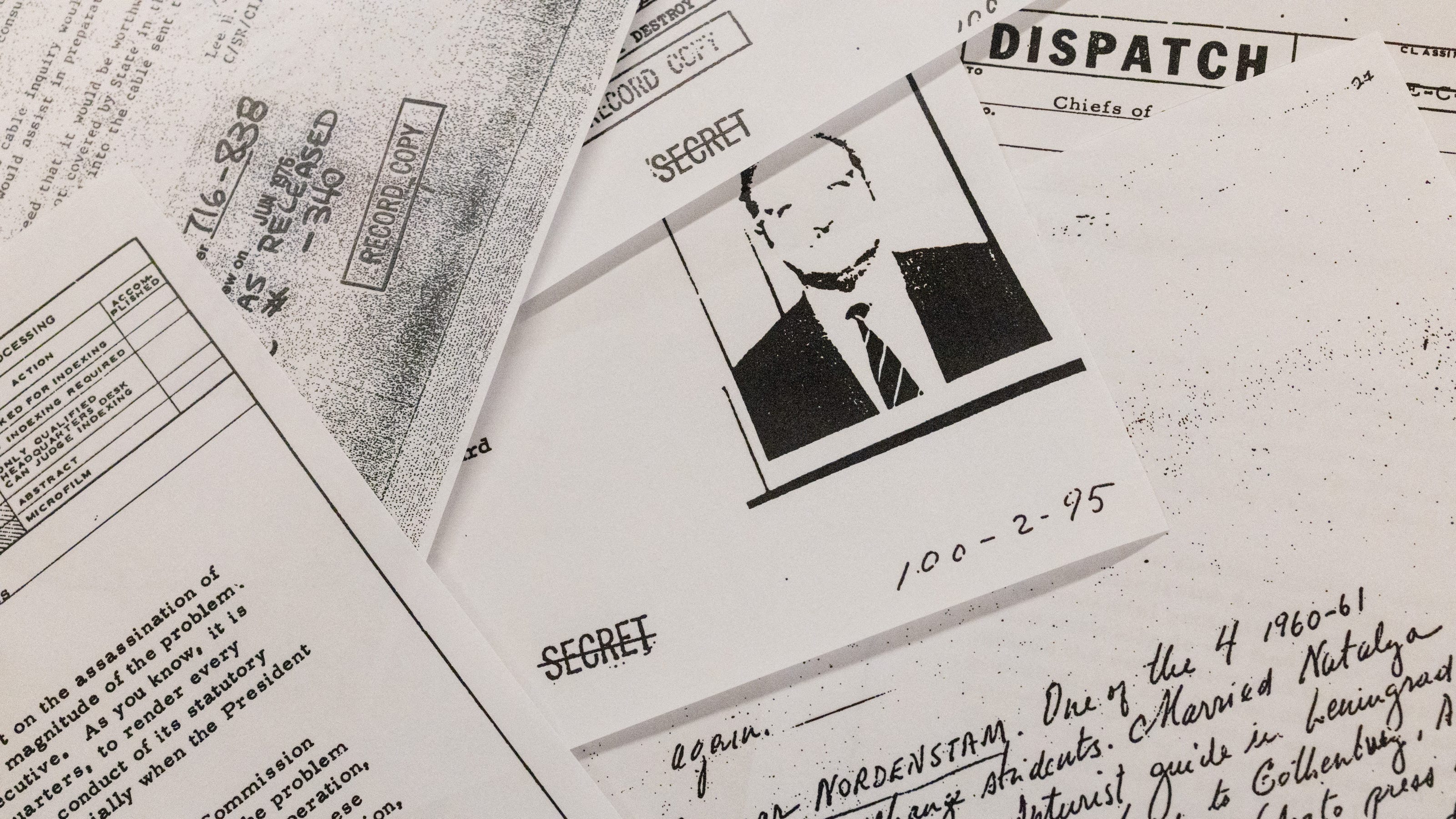Data Breach: JFK Documents Expose Social Security Numbers – A National Security Risk?
A shocking revelation: Newly released John F. Kennedy assassination documents have inadvertently exposed the Social Security numbers (SSNs) of numerous individuals, raising serious concerns about data security and privacy violations. This breach, potentially affecting thousands, underscores the ongoing challenges of protecting sensitive information even within highly secure archives.
The Discovery and Its Implications
The discovery came to light after independent researchers analyzing the recently declassified JFK files noticed the inclusion of SSNs within various documents. These numbers, seemingly unintentionally revealed, belong to individuals ranging from government officials to private citizens who interacted with President Kennedy or the investigation surrounding his assassination.
The exposure of this sensitive data poses several significant risks:
- Identity Theft: SSNs are the cornerstone of identity theft. With access to this information, malicious actors could potentially open fraudulent accounts, file false tax returns, or obtain loans in the victims' names.
- Financial Fraud: The consequences extend beyond simple identity theft. Criminals could exploit the stolen SSNs to access financial accounts, leading to significant financial losses for the affected individuals.
- National Security Concerns: The presence of government officials' SSNs within the compromised documents raises concerns about national security vulnerabilities. This breach could potentially compromise ongoing investigations or expose sensitive operational details.
Who is Responsible?
Determining the precise responsibility for this data breach is complex. While the documents themselves are decades old, the recent declassification and online publication process raises questions about the adequacy of data sanitization procedures. The National Archives and Records Administration (NARA), responsible for managing these documents, is currently under scrutiny, facing intense pressure to address the issue and prevent future occurrences.
Experts are calling for immediate action, urging NARA to:
- Conduct a thorough investigation: A comprehensive audit is required to determine the full extent of the breach and identify all affected individuals.
- Implement robust data sanitization protocols: Future declassification processes must incorporate rigorous data scrubbing techniques to eliminate sensitive information like SSNs before public release.
- Notify affected individuals: NARA must proactively contact those whose SSNs have been exposed, offering them support and guidance on protecting their identities.
Protecting Yourself from SSN-Related Risks
This breach serves as a stark reminder of the importance of protecting personal information. Here are some steps you can take to mitigate the risks:
- Monitor your credit reports: Regularly check your credit reports from all three major credit bureaus (Equifax, Experian, and TransUnion) for any suspicious activity.
- Place a fraud alert or credit freeze: Consider placing a fraud alert or a security freeze on your credit reports to prevent unauthorized access.
- Be vigilant about phishing scams: Be wary of suspicious emails or phone calls requesting personal information. Never share your SSN unless absolutely necessary and with trusted entities.
Looking Ahead: The Future of Data Security in Historical Archives
This incident highlights a crucial need for updated security protocols and data handling practices within historical archives. The digital age presents unique challenges, and adapting to these challenges is paramount to safeguarding sensitive information while preserving access to important historical records. The JFK document data breach serves as a cautionary tale, emphasizing the necessity of proactive measures to prevent similar incidents in the future. We will continue to update this article as the situation unfolds and more information becomes available.
Keywords: JFK documents, data breach, social security number, SSN, identity theft, national security, NARA, data sanitization, credit report, fraud alert, cyber security, privacy, information security, historical archives, John F. Kennedy assassination
(Note: This article is for informational purposes only and does not constitute legal or financial advice. Always consult with relevant professionals for specific guidance.)
